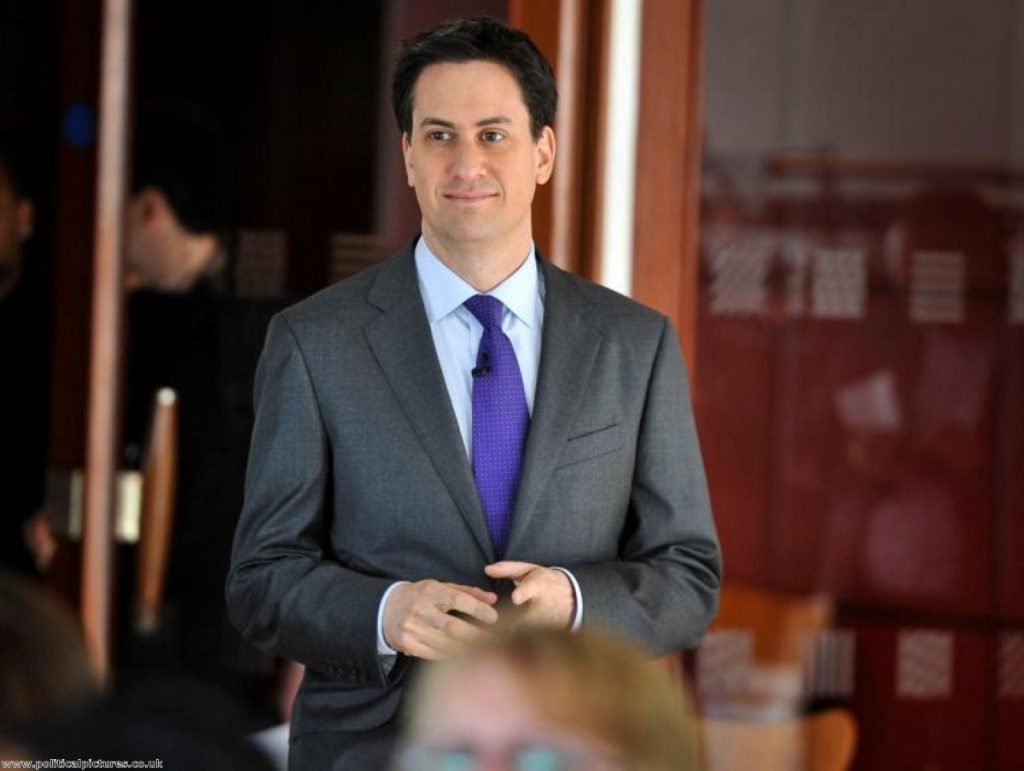Miliband puts aside policy to cooperate with Cameron and Clegg
By Ian Dunt Follow @IanDunt
Ed Miliband has written to David Cameron and Nick Clegg promising to put aside Labour's pre-election policy on elderly care to enter cross-party negotiations.
The move, promised weeks ago during a press conference but acted on in a letter to David Cameron and Nick Clegg, promises that the Labour leader will act in "good faith" to find a solution to the issue of elderly care.
It comes on the eve of a report which is expected to recommend capping payments somewhere between £30,000 and £50,000.


"My offer is simple," Mr Miliband told the Sunday Telegraph. "I'll put aside Labour's pre-election plans and proposals in good faith to try and find a solution.
"I return I hope you both will show the same kind of leadership of your parties as well. The last thing Britain needs is for Andrew Dilnot's proposals to be put into the long grass.
"We three party leaders are of similar age and the same generation. This is a once in a generation opportunity which our generation must address."
Health secretary Andrew Lansley accepted the offer but insisted the government had to look beyond political parties in its discussions.
"We're going to have conversations [with Labour]," he told Sky, although he insisted it would be based on tomorrow's report.
The run up to last year's general election was marked by a bitter falling out over social care, with the Conservatives walked out of cross party talks and attacked Labour for proposing what it branded a 'death tax' to fund social care.
Since then, the issue has been kicked firmly into the long grass, but tomorrow's report by the Commission on Funding of Care and Support in England, is likely to bring the subject back to the front pages.
Plans to cap the amount someone has to spend on their care in their old age would prevent many having to sell their homes to fund their care, but at an estimated cost of £2 billion to £3 billion, it will prompt questions about cost.
"If a cap were put in place we could take away the fear that people would lose everything that they had built up and in particular people seem reasonably anxious that they might lose all the value of their house," chairman Andrew Dilnot told the BBC.
"They still have to pay something but much less than if they end up with high care needs as it is at the moment."
Under current arrangements, people with assets over £23,250 must pay for their own care. A quarter of people over 65 end up with bills of over £50,000.
The government will welcome the report but it is under no obligation to accept its findings. A 1999 report by Lord Sutherland's Royal Commission, which recommended the state picks up the bill for personal care, was ignored.

